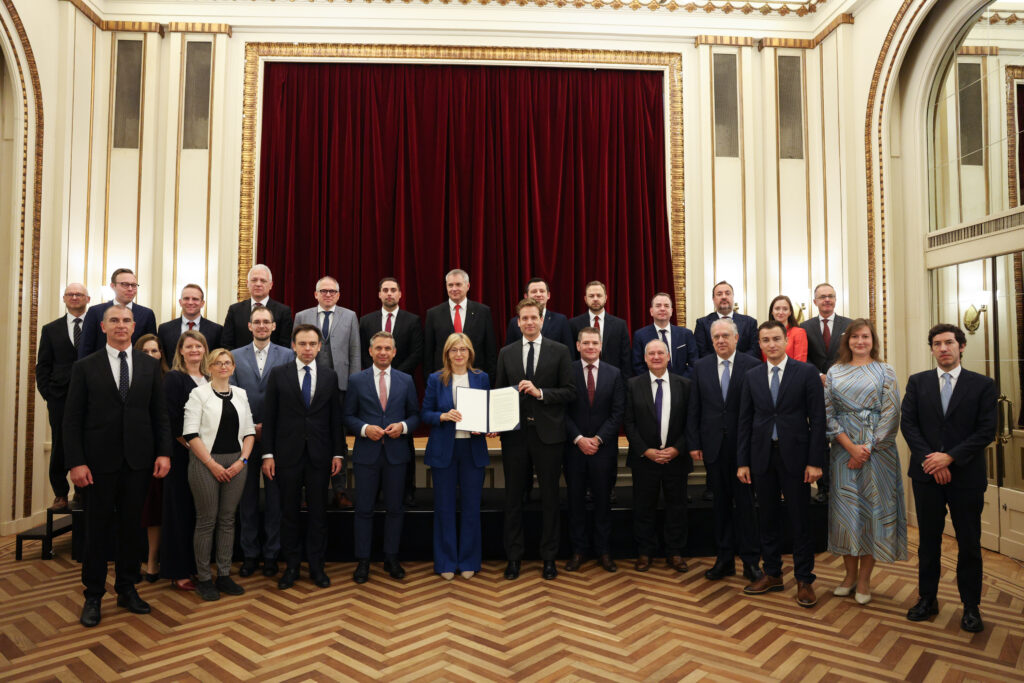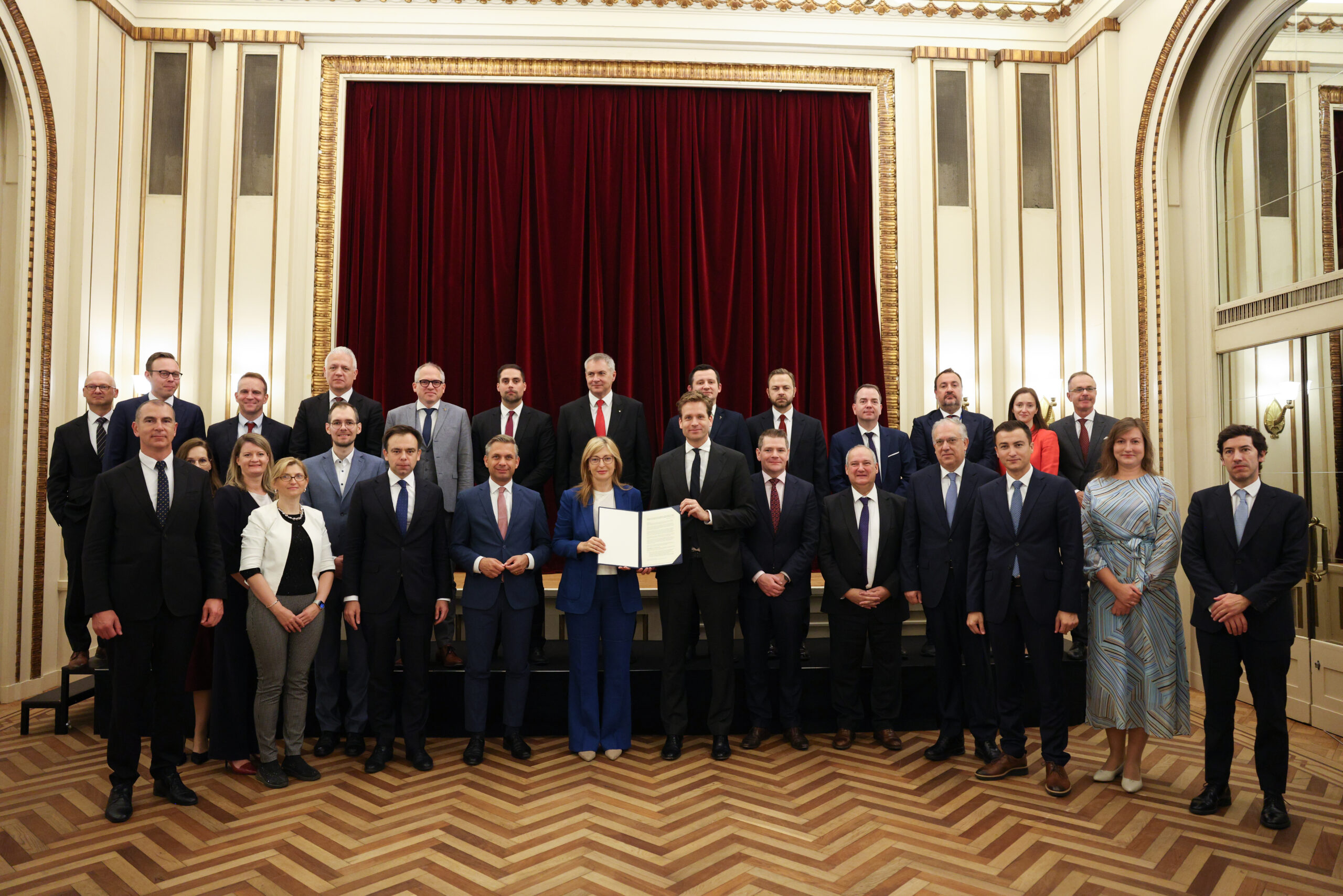Estonia, together with all European Union member states, took an important step towards technological independence by signing the European Semiconductor Agreement (Semicon Coalition) in Brussels on September 29, 2025. Semiconductors are an important component of chips, and the agreement supports their development in Europe, thereby increasing technological independence from Southeast Asia. The agreement is particularly important for the fields of artificial intelligence, the automotive industry, and defense.
The agreement will help to improve chip design, organize testing, and ensure security. New services are also being launched in Estonia through the Chip Center, which offers advice and training to companies.
Estonian Minister of Economic Affairs and Industry Erkki Keldo, who signed the agreement on behalf of Estonia, said that joining the alliance will give a strong boost to the semiconductor industry in Estonia and throughout Europe. We are taking joint responsibility to increase our capabilities and independence, because technological independence is the foundation of our economic success and security,” Keldo said. “More than 50 European industrial and research partners have joined the agreement, which lays a strong foundation for a unified and competitive European semiconductor industry.”
The European Semiconductor Agreement is the first of its kind in the European Union – never before have all EU countries come together on such a broad scale on a strategic issue for the semiconductor industry.
The agreement originated from an initiative by nine countries in the Netherlands this spring. Dutch Minister of Economic Affairs Vincent Karremans noted that European industrial strategy must adapt to growing geopolitical tensions around the world. “This is a significant step forward in securing our strategic autonomy and broad-based prosperity,” Karremans said. “Above all, it means strengthening Europe’s leading position in the semiconductor value chain and accelerating market development.”
The agreement gives new impetus to the renewal of the EU’s Chips Act, shifting the focus to market needs and end users. This approach is fully in line with the recommendations set out in the report “The Future of European Competitiveness” by renowned Italian economist Mario Draghi, which emphasizes the role of markets in shaping the EU’s long-term development and economic prosperity.
In Estonia, the development of the semiconductor industry is supported by the Chip Technology Competence Center (Chip Center), which operates as part of a pan-European network of chip competence centers. The center was established in cooperation with the Metroserd Applied Research Center, the Enterprise and Innovation Foundation, and the Estonian Electronics Industry Association.
The Chip Center, which operates at the Metroserd Applied Research Center, is funded by the EU’s Digital Europe program and the Ministry of Economic Affairs and Communications, with €2.4 million over the next four years. The Chip Center’s services will be fully operational in February 2026. Read more: www.kiip.ee/en

